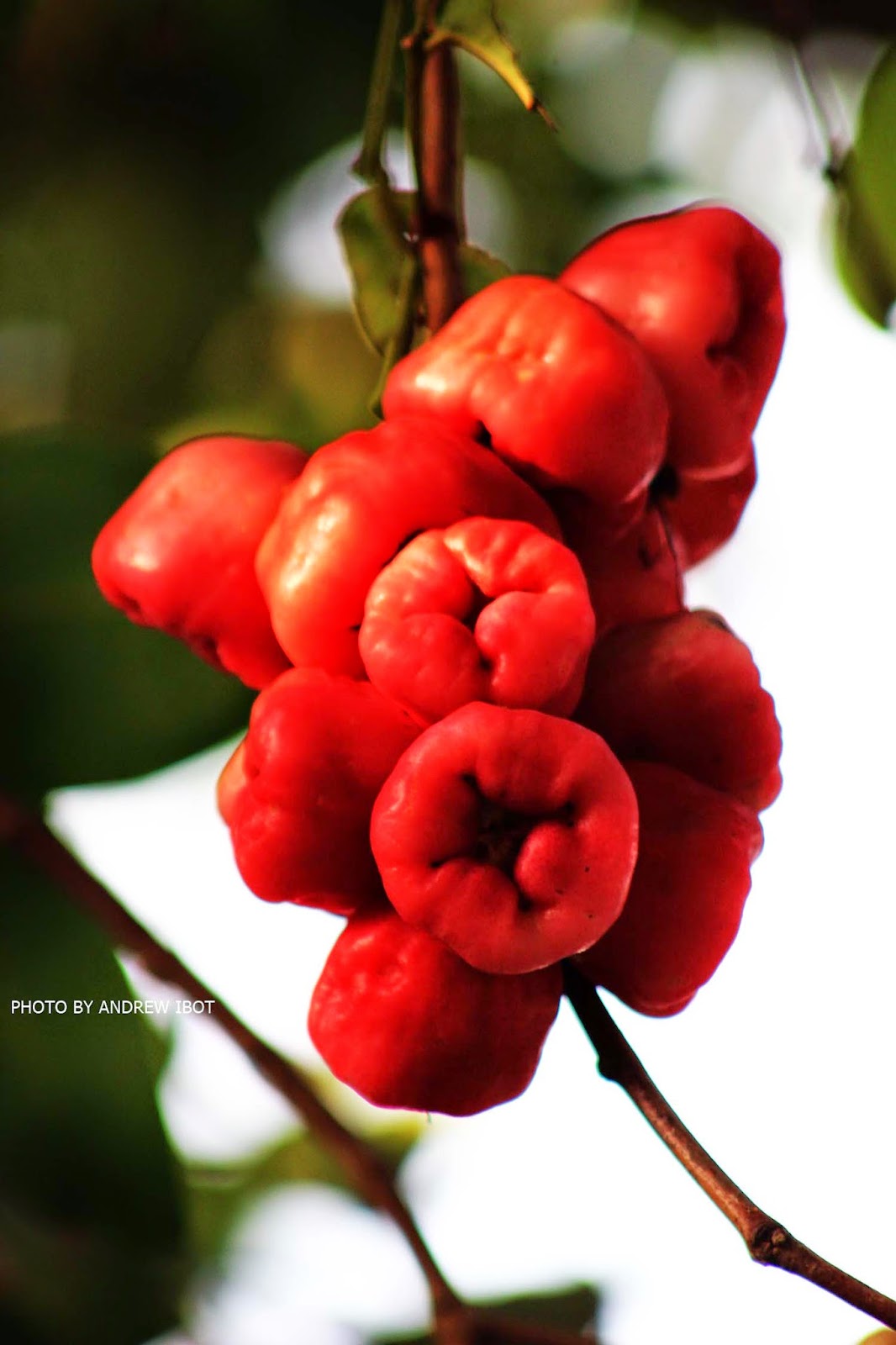The makopa is utilized as food and also as medication. You will find the rose apple plant, officially known as Syzygium jambos, in exotic as well as subtropical locations where a more mature tree will certainly deliver 5 lbs. fruit every season. The fruit within this plant doesn’t in fact look like an apple — the plant is a member of the myrtle family, in accordance with Indiana’s Purdue University. If you are planning to utilize rose apple for therapeutic reasons seek advice from a health care professional initially.
1. Prostate Cancer Prevention
Makopa has shown to prevent the development of cancer of the prostate. Generally speaking, doctors suggest that men having an average chance of prostate cancer make alternatives which benefit their all-around health if they’re thinking about prostate cancer avoidance. There is certainly a few proof that selecting a nutritious diet that’s lower in fat and also packed with vegetables and fruit may possibly lower your chance of prostate cancer.
2. Breast Cancer Protection
Studies have shown that consuming a diet abundant with vegetables and fruit doesn’t provide direct defense against breast cancer. Additionally, the latest research of dietary fat as well as breast cancer demonstrated just a minor reduction in the potential risk of unpleasant breast cancer for ladies who consumed a low-fat diet.
3. Lower Cholesterol
Makopa are usually loaded with vitamin C and also fiber, a substance which has been proven to reduce cholesterol levels. In a single research, 125 volunteers experienced a typical drop in cholestrerol levels of 19% after consuming Rose Apple for just 1 week.
4. Beneficial for Diabetics
Makopa fruit has an effect on the pancreas within diabetes sufferers and also behaves as a block from the transformation of starch into sugar. The seeds have got a glucose within them referred to as jamboline which can be dried out and changed into a powder; this particular powder could be included with water 3 to 4 times each day to help lessen sugar within the urine.
5. Makopa good for brain and Liver
The fruit is recognized as a tonic for the brain and also liver. An infusion of the fruit behaves as a diuretic. A syrupy preparation of the flowers is considered to lessen a fever. The leaf decoction is used to sore eyes, additionally functions as a diuretic and also expectorant and cure for rheumatism. The juice of macerated leaves is taken like a febrifuge. Powdered leaves have already been applied on the bodies of smallpox sufferers for the chilling result.
Medicinal Uses
Makopa is undoubtedly a tonic for the brain and liver in India.
In India, the fruit is considered as a tonic for the brain and liver. A distillation of the fruit behaves as a diuretic.
A sweetened preparation of the flowers is considered to lessen a fever.
The leaf decoction is used to sore eyes, also works as a diuretic and expectorant and cure for rheumatism.
A number of Traditional Medicinal Utilizes which aren’t however clinically confirmed
The seeds are utilized towards diarrhoea, dysentery and also catarrh.
In Nicaragua, it is often claimed that the infusion of roasted, powdered seeds is effective to diabetics.
In Colombia, they promise that the makopa seeds provide an pain-killer property.
Cuban people think that the root is an efficient treatment for epilepsy.
However, in accordance with medical research, both the seeds and also the root are poisonous and really should be utilized using a extreme caution.
(Source http://www.healthbenefitstimes.com/health-benefits-of-rose-apple/)
However, in accordance with medical research, both the seeds and also the root are poisonous and really should be utilized using a extreme caution.
(Source http://www.healthbenefitstimes.com/health-benefits-of-rose-apple/)

























